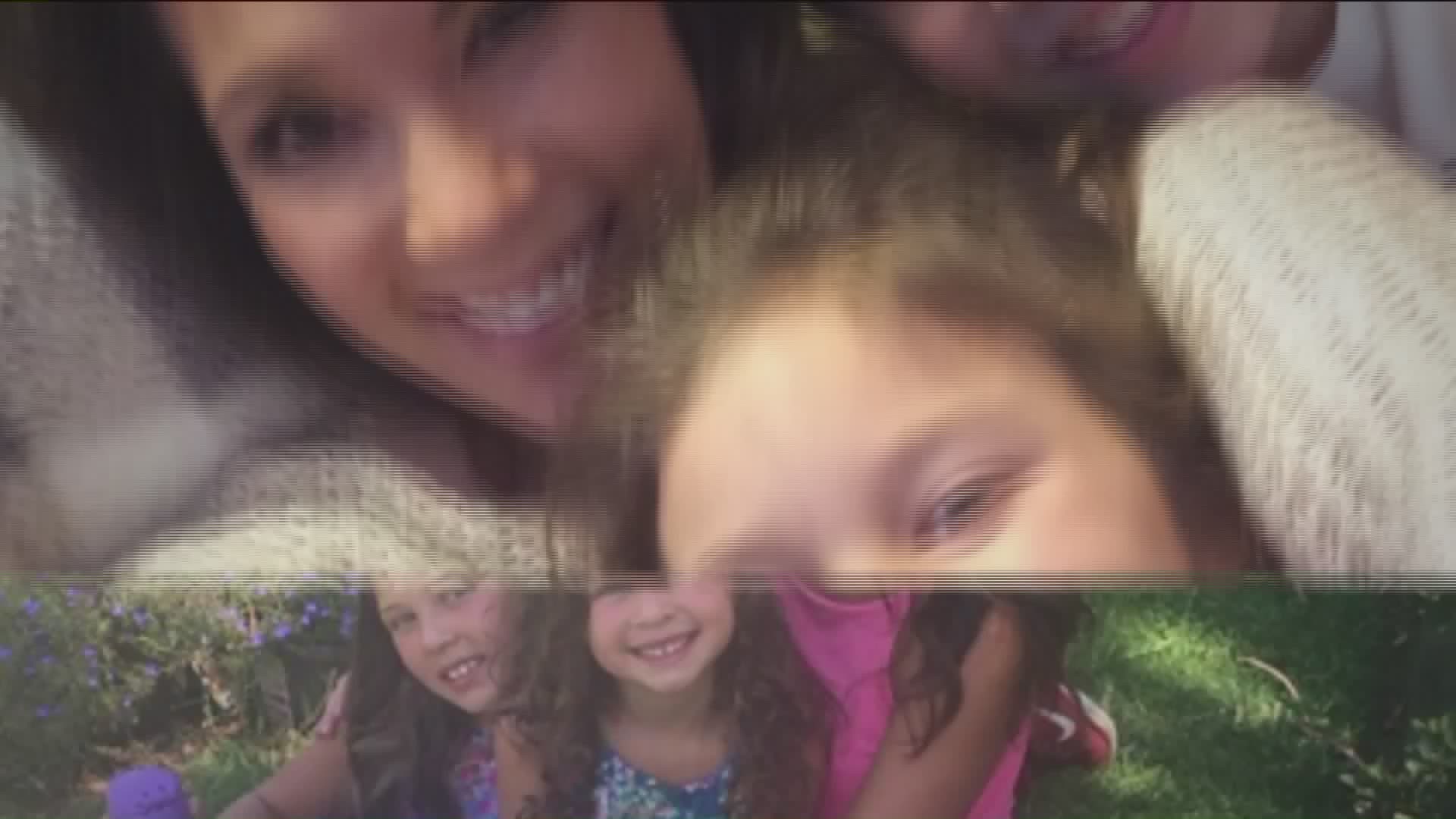HARTFORD, Conn — As just about any parent can tell you, toddlers present a unique challenge.
They’re just old enough to be destructive, but still too young to be easily reasoned with. Dr. Rob Keder, a developmental and behavioral pediatrician with Connecticut Children’s Medical Center, said when little ones lose their cool, the first step is to make sure you don’t as well.
“The first step to parenting in any of these moments when kids start to lose their cool is to find yours and find your center, and take a deep breath because the game is on and you are performing,” he said.
That’s often easier said than done. Dr. Keder said even parents who have work experience with difficult children can get caught up.
“There’s what I call the not my child phenomenon,” he said, “I’ve had parents who have said, ‘I’m a teacher and I work with this number of kids with behavior issues all day long. But then I come home to one five-year-old with issues and in five minutes I want to lose my mind’,” he said.
Kids know how to push their parents’ buttons. The key is for parents to stay calm long enough to figure out what’s making their children tick.
“All behaviors usually serve a purpose,“ Dr. Keder said, “Are they upset? Are they sad? Are they hangry? Do they just need something to eat? Are they tired? Then once you can figure that out, you can help the child get to the next step,” he said.
“What we always want to do is role model what we’re doing whenever we’re teaching kids,” he said, “discipline comes from the root word ‘to teach’.”
So, what does work?
“My favorite tools for parenting are praise, redirection and ignoring, and redirection and praise are the best two tools we have,” he said.
“So if we have a child who’s jumping on the bed, we can say, ‘Honey, beds are for sleeping. Come help me in the kitchen. Thank you! You’re such a good helper’,“ Dr. Keder said.

